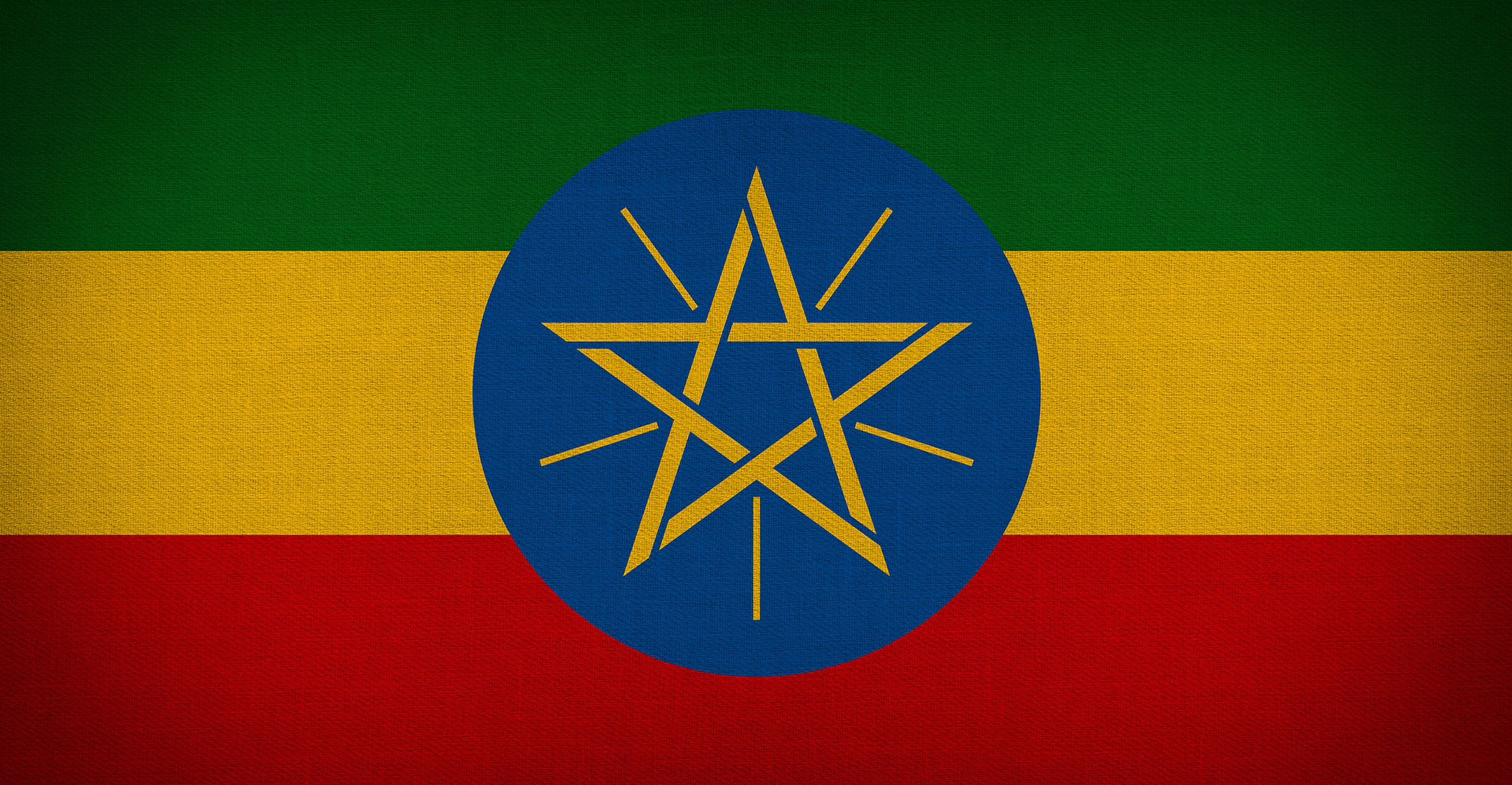The point is so many open source alternatives already exist to Facebook and WhatsApp, all of which can be locally hosted and can federate where required. Local rules can also be set and managed for these networks, and they can be easily branded to suite Ethiopia. Open source means you can see how they work, and even change that if necessary.
Federation means you can host and manage your own instance, and decide whether to open and federate it across other social networks and instances. You have full control over it, and it should not be necessary to create yet another social network from the ground up.
See https://techcentral.co.za/ethiopia-to-build-local-rival-to-facebook-and-whatsapp/110488/
#technology #ethiopia #socialnetworks #fediverse #africa
A little bit of background on where this is coming from. ET gov is currently facing unprecedented tensions that can be generally classified under efforts at political centralization v political federation. Because of the opportunism of former cabal of corrupt and despotic individuals who ruled the country since early 1990s, armed conflict in the Tigray region sparked global information waves, especially in the diaspora. Ethiopian diaspora is huge, composed also of intellectuals who were forced out during major political moments like 1974 revolution, 1990s transition, and 2005 election purge. The current gov has been on the receiving end of this information battles, with digital spaces overrun by anti-centralization, anti-Abiy discourse. Feeling the heat, the government accuses digital platforms of supporting such ‘disinformation’ and failing to stick to ‘government facts’. This is why they are calling for their own platforms. Perhaps ones they can easily control and should they differ with American platforms like Facebook and Twitter, they will still have their followers drinking from their ‘facts’. Nigeria tiff with Twitter may have given them ideas…
Ouch thanks for that. Yes, governments are often at odds with citizens’ views. Obviously, hosting BY government (or a central big IT company) is not the best idea. But decentralisation also offers the opportunity for a few independent groups to host their own services, ensuring they still federate. The challenge is always getting any traction and take-up by citizens. A government can easily use it’s PR machine to push a new service but it is a lot more difficult for independent hosters to get that traction.
I’m just surprised that the popularity of a network like Mastodon, had next to no instances actually hosted anywhere in Africa when I last looked at end of 2020.
Follow up comment which reiterates your concerns. The information network security agency (INSA) claims the platforms are being tested. You can also tell the sovereignty agenda has been re-upped again especially after last week’s Facebook take down of a post by the Prime Minister.
Thanks for that link. Yes, I think decentralised federation is probably the way to go, and maybe the future of social networks. It caters for local flavours and preferences, whilst still interconnecting. That’s probably the great thing about Lemmy, as for example, there is an African instance too. It gives the opportunity for locals to cluster and discuss their relevant issues. And cultures and preferences also differ between continents and countries. The sovereignty agenda speaks to this.
It caters for local flavours and preferences, whilst still interconnecting.
This is to me the key development with ActivityHub protocol (and others like it). It allows decentralization without losing the wider network. Centralization agents threaten the world with balkanization (splinternet, for example is the common catchphrase) but you often feel the issue is a refusal to support interoperability as that challenges their business logic. They have not built value-exchange systems that can succeed under decentralized networks the same way they have succeeded under centralized networks. So to see Lemmy and others rebutt the splinternet argument without centralization, one can only support its development.



